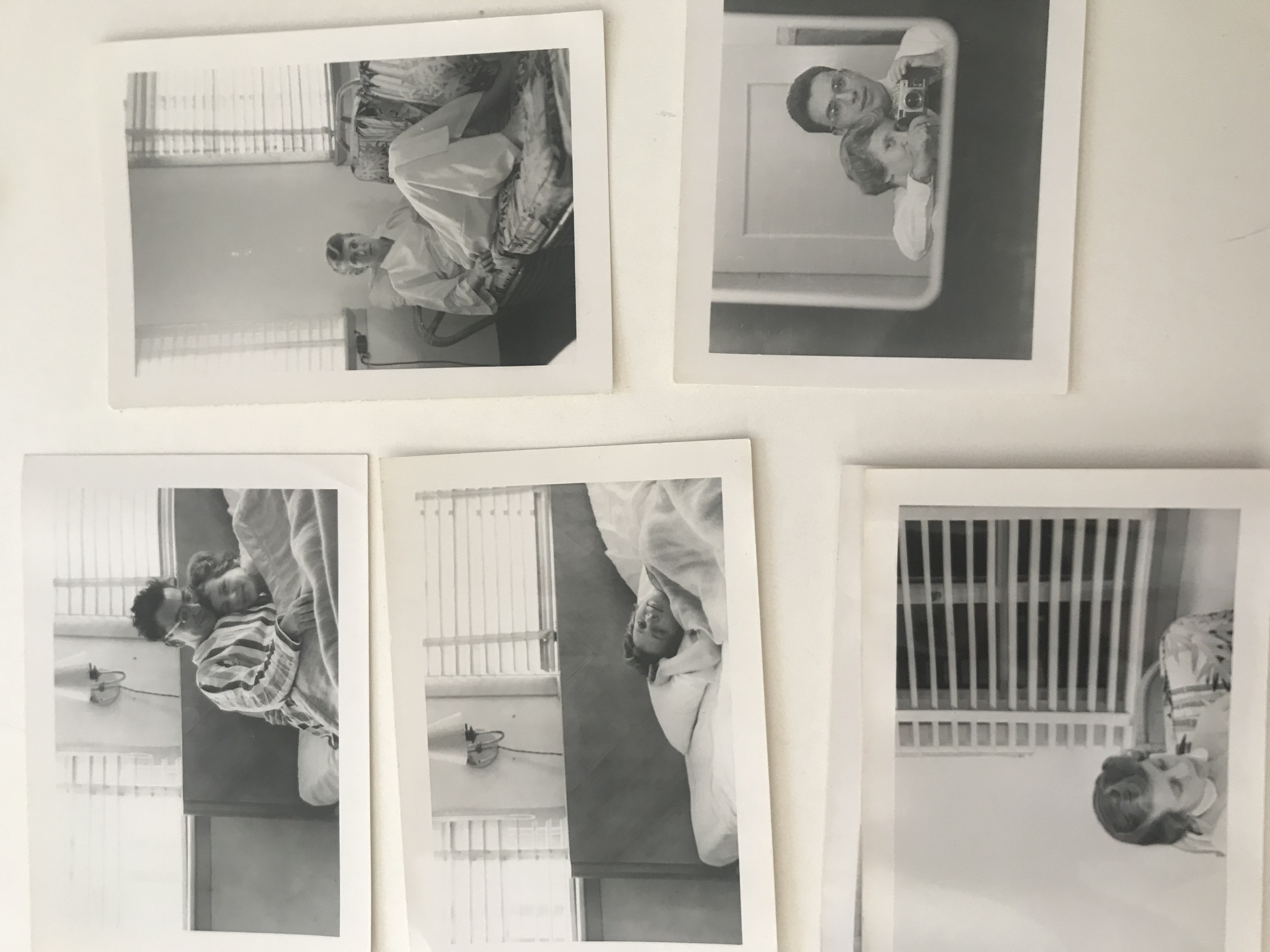Oral History

Oral histories provide people the opportunity to reflect on their lives. They also offer loved ones the chance to identify questions they might not have been able to ask before.
I aim to provide a structured, comfortable space for people to share how their lives have unfolded. I ask questions about ancestry and situate a life within wider relationships of power. Ideally, loved ones leave the process with an artifact of a life and of the moment at which the recording was captured. Those interviewed, meanwhile, leave feeling listened to: that their life has been appreciated and their stories are and will continue to be valued.
Apps like StoryCorps have democratized the oral history experience by allowing anyone with a smartphone to record and archive conversations. But not everyone is comfortable being interviewed by someone they are close to; others have physical vulnerabilities that mean intimate, sustained conversations are challenging. I act as a respectful third-party to painful family history.
In 2019, I conducted an oral history with my grandmother, Marylea Meyersohn. These interviews were later woven into an Audible Original piece, Exit Interview With My Grandmother, which included excerpts of Marylea’s recordings. Outside of my family, I have experience interviewing people of all ages, including on sensitive topics like physical and mental health and sex. I have interviewed and worked with elderly people, people with Alzheimer’s and other memory disorders, and people experiencing illness.
I aim to provide a structured, comfortable space for people to share how their lives have unfolded. I ask questions about ancestry and situate a life within wider relationships of power. Ideally, loved ones leave the process with an artifact of a life and of the moment at which the recording was captured. Those interviewed, meanwhile, leave feeling listened to: that their life has been appreciated and their stories are and will continue to be valued.
Apps like StoryCorps have democratized the oral history experience by allowing anyone with a smartphone to record and archive conversations. But not everyone is comfortable being interviewed by someone they are close to; others have physical vulnerabilities that mean intimate, sustained conversations are challenging. I act as a respectful third-party to painful family history.
In 2019, I conducted an oral history with my grandmother, Marylea Meyersohn. These interviews were later woven into an Audible Original piece, Exit Interview With My Grandmother, which included excerpts of Marylea’s recordings. Outside of my family, I have experience interviewing people of all ages, including on sensitive topics like physical and mental health and sex. I have interviewed and worked with elderly people, people with Alzheimer’s and other memory disorders, and people experiencing illness.
The process
- C0nsultation to discuss background information and objectives
- Comprehensive questions spanning from birth to the present
- Open-ended interviews (flexible duration and number of interviews)
- In-person or distanced recording
What you leave with
- Archive of the complete oral history interview
- Transcription
- If desired: 1-2 hours of edited and spliced interview content in chapter form